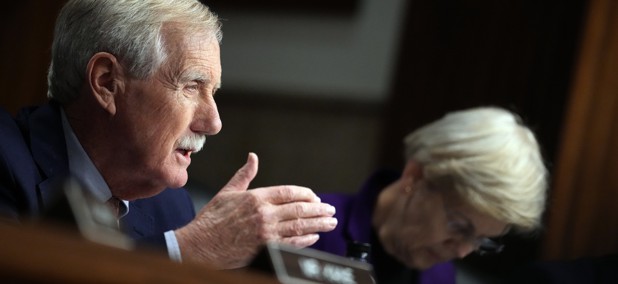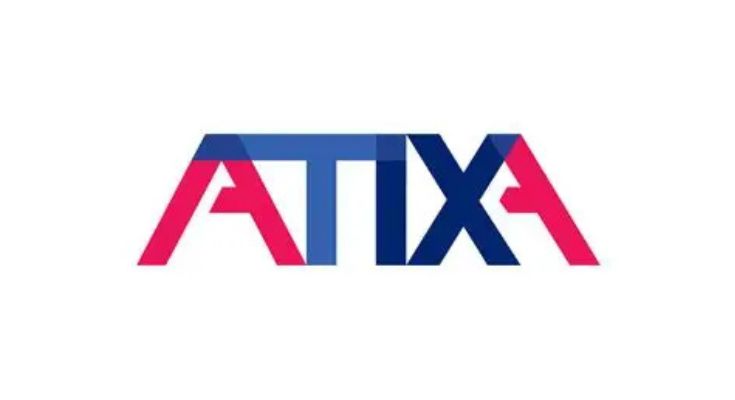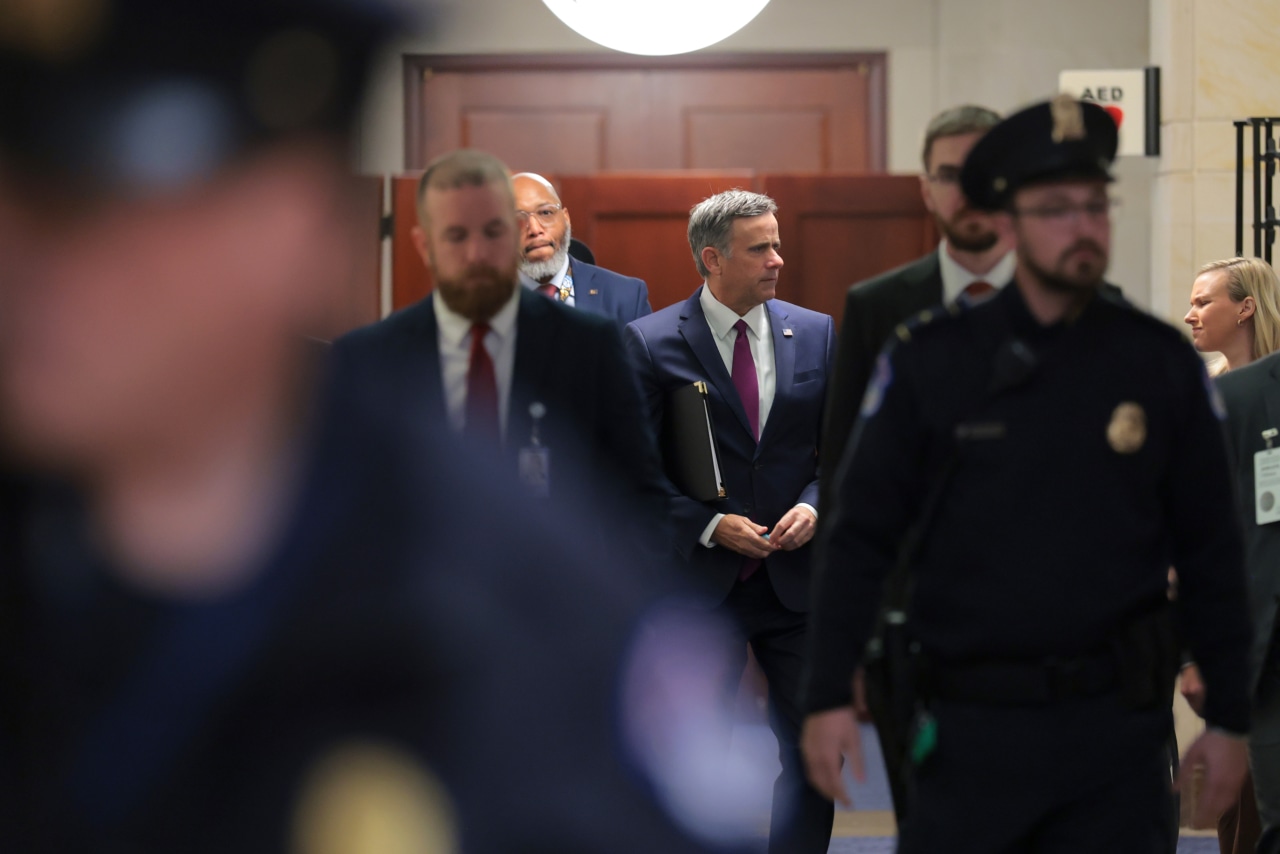Concerns over a recent Pentagon policy that may restrict communication between defense personnel and lawmakers were voiced by two U.S. senators during a hearing on October 31, 2023. The memo, signed by Defense Secretary Pete Hegseth, requires all interactions between Department of Defense (DOD) officials and Congress to be approved through the Pentagon’s central legislative affairs office.
Senator Angus King, an Independent from Maine and the ranking member of the Senate Armed Services Committee’s strategic forces panel, criticized the policy, stating that it could significantly hinder essential dialogue between military leaders and congressional members. “I’m concerned about the October 15 memo from the secretary, which basically throttles communication between people working at the Pentagon and Congress, including this committee,” King remarked.
During the same hearing, King emphasized the importance of open communication, noting that the new guidelines could prevent officials from meeting with lawmakers to discuss critical policy matters. He added, “It’s something we should discuss,” highlighting the potential consequences of the policy on legislative effectiveness.
Senator Roger Wicker, a Republican from Mississippi and chair of the committee, supported King’s concerns. He acknowledged that there may have been misunderstandings regarding the memo and suggested that it might require further clarification. “It has been suggested that that memo was misconstrued, and it may need to be clarified,” Wicker stated.
First reported by Breaking Defense, the memo warns that “unauthorized engagements” could jeopardize department-wide priorities necessary for achieving legislative goals and could exacerbate tensions between the Pentagon and Capitol Hill. This has drawn criticism from both Republican and Democratic lawmakers, who argue that such restrictions could undermine the DOD’s legislative objectives.
Senator Thom Tillis, a Republican from North Carolina, expressed his concerns regarding the implications of the policy. “You’ve got to trust your chain of command. This is too large of an organization to have that kind of a tight clamp on it, particularly when we have members [of Congress] that want specific answers, not going through protocol,” Tillis told NBC News. He further criticized the memo for limiting communication, stating, “It underlines a lack of trust in the organization that I don’t think is good for senior management to project.”
The ongoing discussions surrounding this policy highlight a critical intersection of military operations and legislative oversight. As the Senate Armed Services Committee continues to evaluate nominees for senior roles within the DOD, the implications of this communication policy remain a focal point of debate. The committee’s push for clarity reflects a shared commitment to ensuring that the lines of communication between the Pentagon and Congress remain open and effective.







